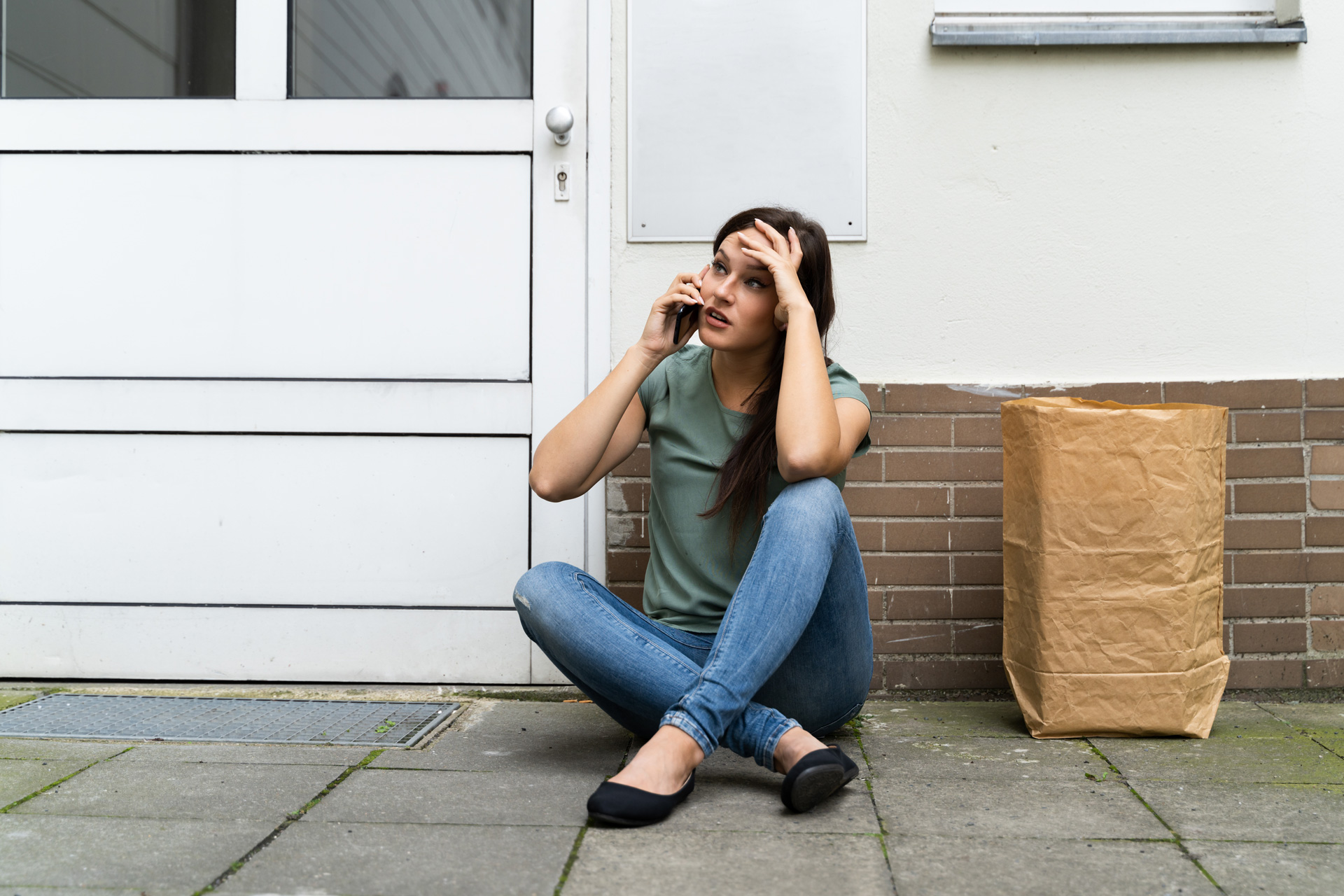Your locks are your first line of defense when it comes to securing your home or business. But like anything else, they wear down over time or may no longer offer the protection you need. Whether you’ve just moved, had a break-in, or noticed your lock sticking more than usual, knowing when it’s time to replace your locks is essential. Below are five clear signs that it might be time to call a locksmith and upgrade your security.
1. Your Locks Are Old, Worn, or Damaged
If your locks are sticking, rusted, or just not working as smoothly as they used to, they may be on their last legs. Wear and tear over time can make locks difficult to turn or unreliable—something you don’t want to discover when you’re trying to get in late at night. You may notice the key doesn’t slide in easily, or you have to wiggle it to unlock the door. These are signs that internal parts are worn down or misaligned.
In addition to general wear, older locks often lack the features of modern high-security hardware. Many newer locks are built to resist picking, drilling, and bumping, making them far more effective in preventing unauthorized entry. If your locks have been installed for more than a decade, it’s a good idea to have a locksmith inspect them—even if they’re technically still working.
2. You’ve Moved or Had a Change in Tenants or Employees
Any time there’s a change in occupancy—whether it’s moving into a new home, switching tenants in a rental property, or dealing with employee turnover in a business—it’s smart to change or rekey your locks. You can’t be sure how many people may still have access to the existing keys. Previous owners, tenants, or staff could have shared copies with friends, contractors, or others.
As a homeowner or landlord, changing the locks gives you full control over who has access to the property. And for business owners, rekeying after an employee leaves—especially those with access to restricted areas—is a simple way to maintain security and peace of mind. It’s a small step that can prevent big problems down the road.
3. Your Keys Have Been Lost or Stolen
Losing your keys is frustrating, but it’s also a security risk. If you don’t know exactly where you lost them—or worse, you suspect they may have been stolen—changing your locks is a smart precaution. Even if your name and address aren’t attached to the keys, there’s always a chance someone could trace them back to your home or business.
Don’t wait for something to happen before taking action. Replacing your locks or rekeying them gives you confidence that no one else can use those lost keys to gain access. And in most cases, the cost of changing your locks is far less than the potential cost of theft or damage caused by unauthorized entry.
4. You’ve Had a Break-In or Attempted Break-In
If someone has recently broken into your property—or tried to—you should absolutely replace your locks. Even if the intruder didn’t succeed in getting in, the mere attempt could have damaged your locks or compromised their strength. A kicked-in door or forced entry can bend or weaken internal components, even if they look fine on the outside.
More importantly, a break-in is a sign that your current security system wasn’t enough to deter or stop an intruder. This is a good opportunity to upgrade to higher-security locks or deadbolts with pick-resistant and drill-resistant features. It’s also a chance to talk to a locksmith about other security measures, like reinforced strike plates or smart lock options.
5. You Want to Upgrade to a Modern Locking System
Sometimes the reason for changing your locks isn’t about something that went wrong—it’s about upgrading to something better. Traditional locks work, but modern technology has opened the door (literally) to smarter, more convenient solutions. Keypad locks, smart locks, and high-security deadbolts offer features like keyless entry, remote access, auto-locking, and access control.
If you’re tired of hiding spare keys, worried about kids losing theirs, or simply want more control over who comes and goes, upgrading your locks can give you both peace of mind and convenience. Many of today’s options also allow you to monitor access, set temporary codes for guests or contractors, and integrate with your home security system.
Bonus Tip: When Rekeying Might Be Enough
In some situations, a full lock replacement isn’t necessary—rekeying might be all you need. Rekeying involves changing the pins inside your current locks so they work with a new key, without replacing the entire lock mechanism. It’s a great option if your hardware is still in good shape but you want to change who has access. This is often done after moving into a new home or after employee turnover in a business.
A professional locksmith can help you decide whether rekeying or replacing your locks is the better choice based on the age and condition of your current hardware.
Final Thoughts
Your locks are your first layer of protection. If they’re worn out, compromised, or outdated, it’s time to take action. Whether you’ve just moved, lost your keys, or experienced a break-in, replacing your locks is a simple and effective way to restore security and peace of mind. At M&H Locksmith, we offer honest recommendations, fast service, and high-quality lock solutions for both homes and businesses. If you’re unsure whether your locks need to be replaced or rekeyed, don’t hesitate to reach out—we’re happy to help you find the right solution.


